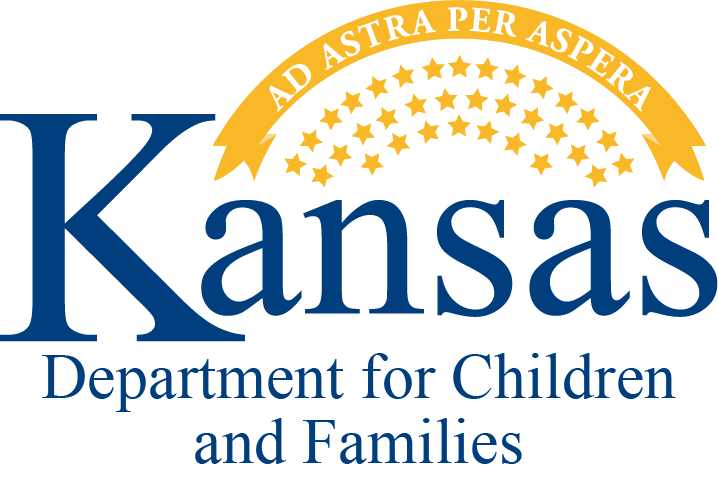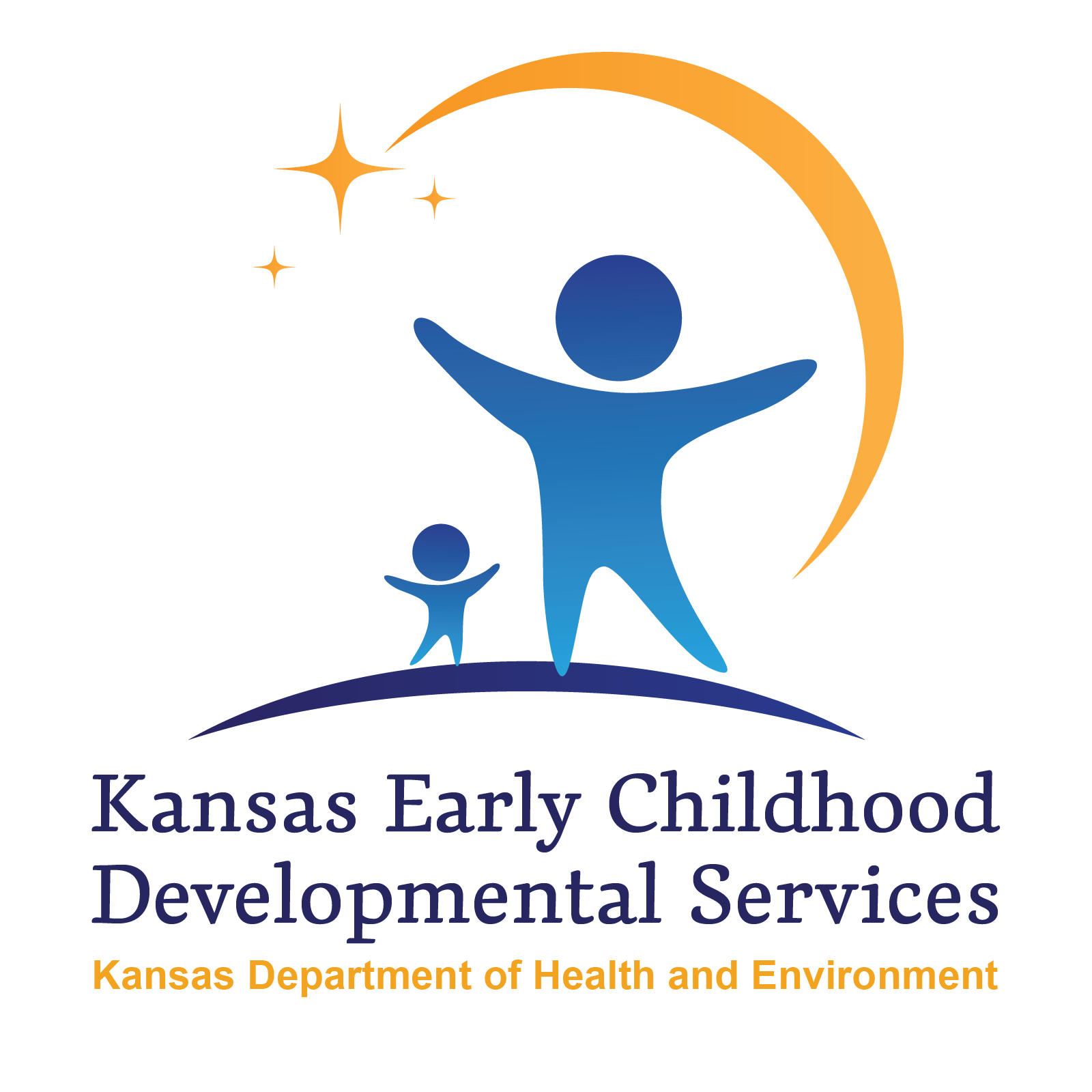ARTICLE I. MISSION OF THE COUNCIL
The mission of the Kansas Coordinating Council on Early Childhood Developmental Services is to ensure that a comprehensive service delivery system of integrated services is available in Kansas to all children with a disability or who experience (or are at risk for) developmental delays from birth through age 5 and their families.
ARTICLE II. VALUES OF THE COUNCIL
Early intervention provides the necessary services to enable young children who experience or are at risk for developmental delays to progress toward the maximum of their abilities. When these services are provided in a timely and appropriate manner, and in the context of the family, the need for further intervention can often be eliminated or reduced.
The family should be the center of every child's world. Accordingly, it functions as a child's most important developmental context. Therefore, the family should be the most important focus in early intervention efforts, including assessment and intervention activities. Collaboration with the family is essential to meet the developmental needs of all young children.
Administrative structures and funding mechanisms for services to young children should not require assigning specific diagnostic labels, because of the variable nature of young children's performance and the potential for rapid change in their developmental status.
The utilization of interagency collaboration is essential and will produce the most comprehensive and uninterrupted service. These services should be multi-disciplinary, and to the maximum extent appropriate, delivered in settings which are typical for young children and which include a predominance of normally developing children.
ARTICLE III. FUNCTIONS OF THE COUNCIL
- Solicit information and opinions from concerned agencies, groups and individuals on proposed policies and recommendations for the delivery of health, education and social services for all children with a disability or who experience (or are at risk for) developmental delays from birth through age 5 and their families.
- Establish appropriate committees to perform tasks, gather information, and explore issues as directed by the Council. (See Article V)
- Determine the work activities of the staff to the Coordinating Council on Early Childhood Developmental Services.
- Disseminate information about the activities of the Council and its actions to local, private and public service providers, parents, advocacy organizations, state agency personnel, and other interested parties.
- Develop, implement, and review as appropriate a state plan for young children with a disability or who experience (or are at risk for) developmental delays from birth through age 5 and their families.
- Recommend policies, procedures, and legislation for effectively providing health, education, and social services.
- Develop interagency agreements to promote a comprehensive service delivery system for all children with a disability or who experience (or are at risk for) developmental delays from birth through age 5 and their families.
- Advise and assist the lead agency in implementing the Individuals with Disabilities Education Act (IDEA), Part C at both state and local levels.
- Submit an annual report to the Governor.
- Advise and assist all Kansas state agencies that provide services to all children with a disability or who experience (or are at risk for) developmental delays from birth through age 5 and their families.
ARTICLE IV. MEMBERSHIP
The membership of the Kansas Coordinating Council shall consist of representatives of the public and private sector who by virtue of their position, interest and training can contribute to the quality of services provided to children with developmental delays and their families. The council shall be composed of at least 16 members, but not more than 25 members, and will include:
- a representative of the Governor;
- the Secretary of Kansas Department of Social and Rehabilitation Services or a representative selected by the Secretary;
- the Secretary of Kansas Department of Health and Environment or a representative selected by the Secretary;
- a member of the Kansas State Board of Education selected by the Chairperson of the State Board of Education or, at the discretion of the Chairperson, the Commissioner of Education or a representative selected by the Commissioner;
- a representative of the Board of Regents selected by the Chairperson of the Board of Regents;
- two members of the state legislature selected by the Legislative Coordinating Council so that one is a member of the Senate and one is a member of the House of Representatives and such members are not members of the same political party;
- the Commissioner of Insurance or a representative of the Commissioner selected by the Commissioner; and
- a representative of the state Medicaid agency; and
- not less than eight nor more than seventeen members appointed by the governor, which members shall be selected to ensure that the requirements of 20 U.S.C. 1400 and amendments thereto are met.
Note: Part C of IDEA (2004) indicates that membership include:
- at least 20 percent of the members must be parents, parent membership must be composed of "parents, including minority parents, of infants or toddlers with disabilities or children with disabilities aged 12 or younger, with knowledge of, or experience with, programs for infants and toddlers with disabilities. At least one member must be a parent of an infant or toddler with a disability or a child with a disability aged six or younger. A parent member may not be an employee of a public or private agency involved in providing early intervention services.
- at least 20 percent of the members must be public or private providers of early intervention services.
- at least one member from each of the following constituents: the state legislature, person involved in personnel preparation, state agencies involved in the provision of or payment for early intervention services, the SEA responsible for preschool services of children with disabilities, the state Medicaid agency, a Head Start agency or program, the agency responsible for child care, the agency responsible for regulation of health insurance, the office responsible for coordination of the education for homeless children and youth, the child welfare agency responsible for foster care, and the agency responsible for children’s mental health. One member may be appointed to represent more than one program or agency listed in the membership.
A. TERM OF OFFICE
Members appointed by the governor shall serve a term of four years. Members are eligible for reappointment.
B. MEETING PARTICIPATION
Participation in its meetings by all Council members is critical to the success of the Council in meeting its mission. Reviews will be done on an on-going basis to assess attendance. The following shall constitute grounds for a possible recommendation to the Governor for termination of membership on the Council:
- absence from three (3) consecutive meetings in one year, or
- more than two unexcused absences, or
- more than two unexcused absences and three total absences in any given year.
Members of the Council may participate in a meeting by means of conference telephone or similar communications equipment by means of which all persons participating can hear each other. Participation in a meeting pursuant to this shall constitute presence at such meeting.
C. VACANCIES
Any vacancy occurring in the appointive membership of the Council shall be filled in the same manner and from the same class as the original appointment. The Council shall inform the appointing authority within thirty calendar days of any vacancy. Though Council recommendations for filling said vacancy may be forwarded to the appointing authority, this shall not be construed as usurping the authority to make any appointments.
D. RESIGNATION
A Council member's resignation must be in writing and shall be submitted to the appointing authority and to the Council Chairperson.
E. ORIENTATION
The Chairperson, staff, and longstanding Council members shall make available to new members an orientation to the Council, its operations, and functions
ARTICLE V. EXECUTIVE COMMITTEE AND OTHER COMMITTEES
The Executive Committee shall consist of the Council Chairperson, the Vice Chairperson, the Past Chair, and three members to be elected by the Council from the its membership, and at least one of these members shall be one who serves on the Council in the capacity of an ICC parent. All elected members of the Executive Committee shall serve two year terms. Elected members are eligible for re-election. The Executive Committee shall:
- Have such powers as are conferred upon it by the Council. It may take interim action on behalf of the full Council, only when such affairs are of an urgent nature and require immediate attention between officially scheduled meetings. Any action taken by the Executive Committee shall be reported at the next regularly scheduled Council meeting and ratified by the Council.
- Execute any other functions, duties and responsibilities delegated to it by the Council.
- Should the Executive Committee determine that the full Council should be consulted concerning matters brought before the Executive Committee, it may utilize electronic communication to communicate with the full Council. If e-mail communication is used, any action would require a motion from any member of the Executive committee, followed by a second from any Council member. After a reasonable discussion period, the chair would call for a vote to be limited in time duration.
- When necessary, the Council shall be aided in its work by Committees and Work Groups. Membership shall consist of at a minimum three members of the Council and other persons approved by the Council. The Chair of any committee or work group shall be a member of the Council. A Co-Chair may be selected from the entire membership of the committee or work group.
- Committees and Work Groups are intended to be task/topic specific. They are expected to review issues and topics as assigned by the Council and to make recommendations to the Council for consideration prior to any possible action. Committees are designated as a standing committee of the Council and will focus on goals/activities related to the strategic plan of the Council. Work Groups are to be limited in tenure and are to be disbanded following action on final recommendations to the Council.
ARTICLE VI. MEETINGS OF THE COUNCIL
A. SCHEDULE
The Council shall meet at least quarterly. Additional meetings may be scheduled at other times and places as determined by the Council Chairperson, or as requested by any three members of the Council. Each year a specific meeting will be designated by the Council as the Annual Meeting. This will provide opportunity to review the Council and its operations.
B. QUORUM
A quorum consists of a simple majority of the full council membership. The Council may take official action only when a quorum is present. Members participating by way of communications equipment (Article IV-B) shall be counted toward a quorum. Final decisions of the council shall be by majority vote of the Council members present.
C. CHAIRPERSON
A Chairperson shall be designated annually by the Governor. In the event that the annual designation of Council Chairperson is not forthcoming from the Governor, the Council may designate an interim Chairperson pursuant to Governor's action. Any member of the Council who is a representative of the Part C lead agency may not serve as the chairperson of the Council. The Chairperson is a full participating member of the Council and shall:
- Be responsible for developing meeting agendas, scheduling meetings and ensuring completion of all tasks associated with Council meetings;
- Preside over all meetings of the Council and the Executive Committee;
- Vote only when required to break a tie on any matter submitted to a vote of the Council membership;
- Facilitate the determination of the work activities of a staff person to the Council. Evaluate, on a yearly basis, the job performance of the Coordinator with input from other Council members;
- Receive requests and allocate the resources of the Council;
- Assure that the chair and membership of committees and work groups meet the requirements of the by-laws and appoint Council members as necessary; and
- Perform all duties incident to the position of Chairperson and all other duties as may be prescribed by the Council.
D. VICE-CHAIRPERSON
The Chairperson shall appoint a Vice-Chairperson. The Vice Chairperson is a full participating member of the Council who shall:
- In the Chairperson's absence, perform the duties of the Chairperson;
- When the Vice-Chairperson is acting as Chairperson, he/she shall have all the powers of and be subject to all the restrictions upon the Chairperson; and,
- The Vice-Chairperson shall be a member of the Executive Committee and shall perform any other duties that may be assigned by the Council Chairperson or by the Council.
E. VOTING
- Each Council member is entitled to one vote on each matter submitted to a vote.
- A vote of the majority of those members present is necessary to approve any action taken by the Council. In the event of a tie vote, the Chairperson may vote to break the tie vote.
- The votes of Council members participating by way of communication equipment shall be included on matters submitted to a vote
- Official business of the Council may only occur outside of Council meetings under the circumstances identified under the responsibilities of the Executive Committee (Article V).
- Voting by Proxy is not permitted (Note: Kansas Attorney General letter of 3/6/07Each Council member is entitled to one vote on each matter submitted to a vote.
F. CONFLICT OF INTEREST
No member shall cast a vote on any matter that would provide financial benefit to that member or otherwise give the appearance of a conflict of interest under State Law.
- The member should immediately disclose the actual or potential conflict.
- The member, at the request of any other member, shall be temporarily excused from the meeting to permit the Council to deliberate and vote upon the issue.
- Subsequent discovery of any undisclosed actual or perceived conflict regarding a matter in which the member participated in either discussion or voting shall invalidate the Council action on the matter. The member should immediately disclose the actual or potential conflict.
G. EXPENSES
The members of the Coordinating Council who requests such shall be reimbursed for actual and necessary expenses, incurred in their performance of their official duties in accordance with section (e) of K.S.A. 75-3223 and amendments thereto.
H. PUBLIC PARTICIPATION
Public participation is deemed vital to the effective functioning of the Council. Within appropriate constraints determined by the Chairperson, a portion of each meeting of the Coordinating Council shall be set aside for public participation. Persons wishing to address the Council will be asked to notify the Coordinator by the morning of the meeting.
Council meetings must be publicly announced sufficiently in advance of the dates they are to be held to ensure that all interested parties have an opportunity to attend. To the extent appropriate, these meetings will be open and accessible to the general public.
I. PLACING ITEMS ON THE AGENDA
The agenda will be mailed at least one week prior to the meeting. Additions and/or amendments to the agenda may be suggested by anyone in attendance and will be considered by the Chairperson at the onset of each Council meeting.
J. MINUTES
Draft copies of minutes will be mailed or sent electronically to Council members prior to the next scheduled Council meeting. At that next meeting, this draft will be considered and edited, as necessary. A majority vote will approve the minutes.
Approved minutes of the Council meetings shall be made available for public inspection in a timely fashion.
ARTICLE VII. AMENDMENTS
A regular and periodic review of these bylaws will be conducted by the Council or by a group designated by the Council
Revised:
January 1997; November 2006; September 2007; October 2007




